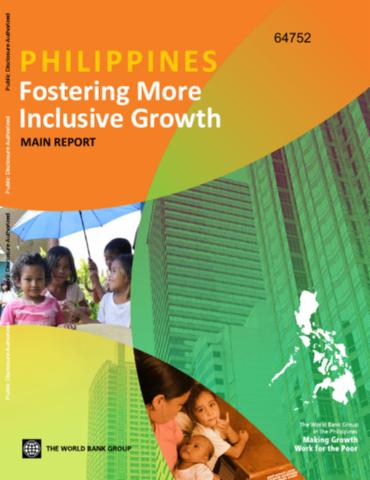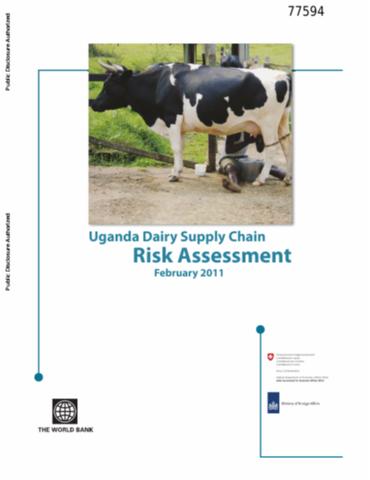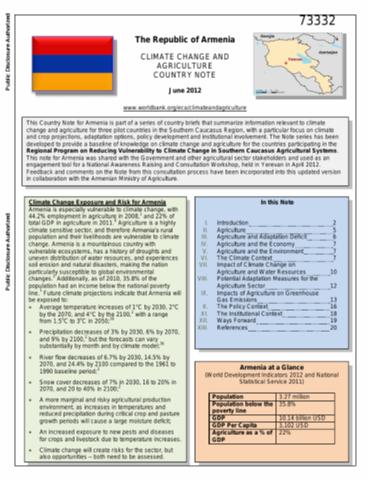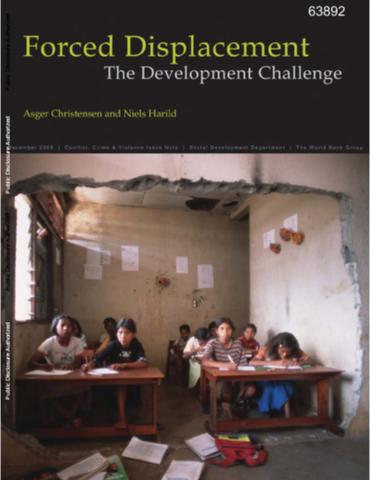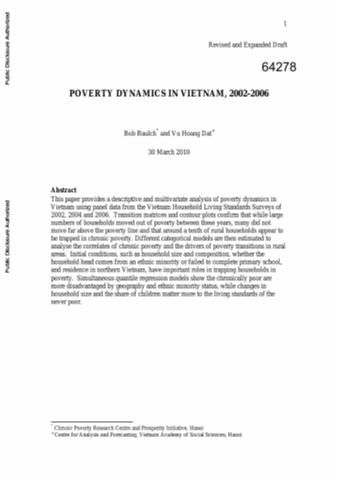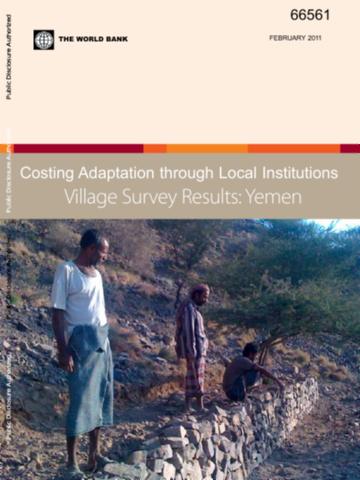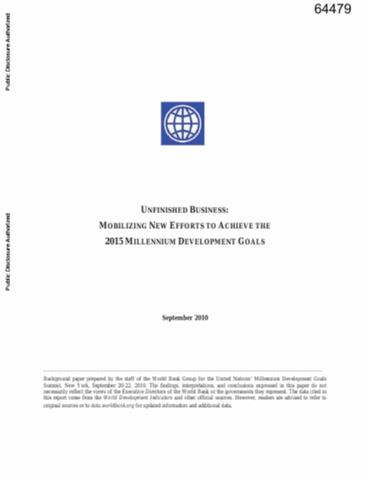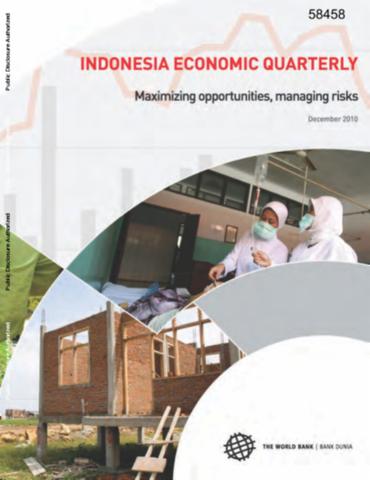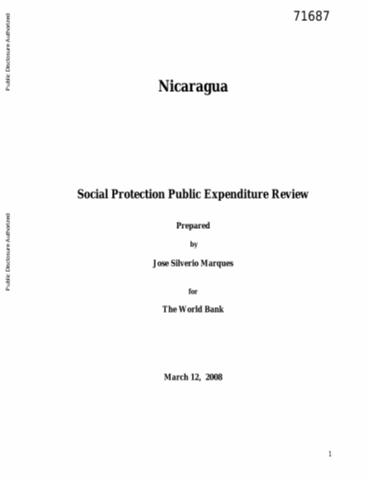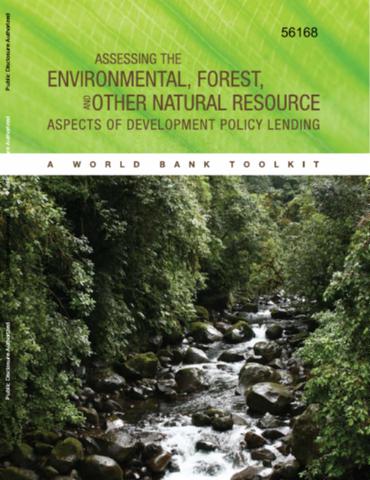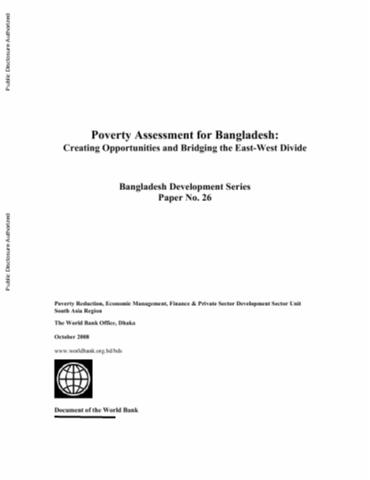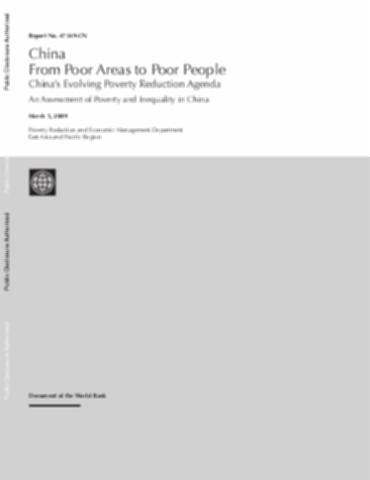Philippines
The main report is organized into three parts: part one provides the overall context by describing the level and evolution of poverty and inequality in the Philippines and by analyzing the factors that could be weakening the link between economic growth and poverty reduction. It also provides a brief profile of the poor. Part two addresses the first strategic component for fostering inclusive growth, which refers to the enhancement of income opportunities and ensuring greater labor mobility for the poor.

